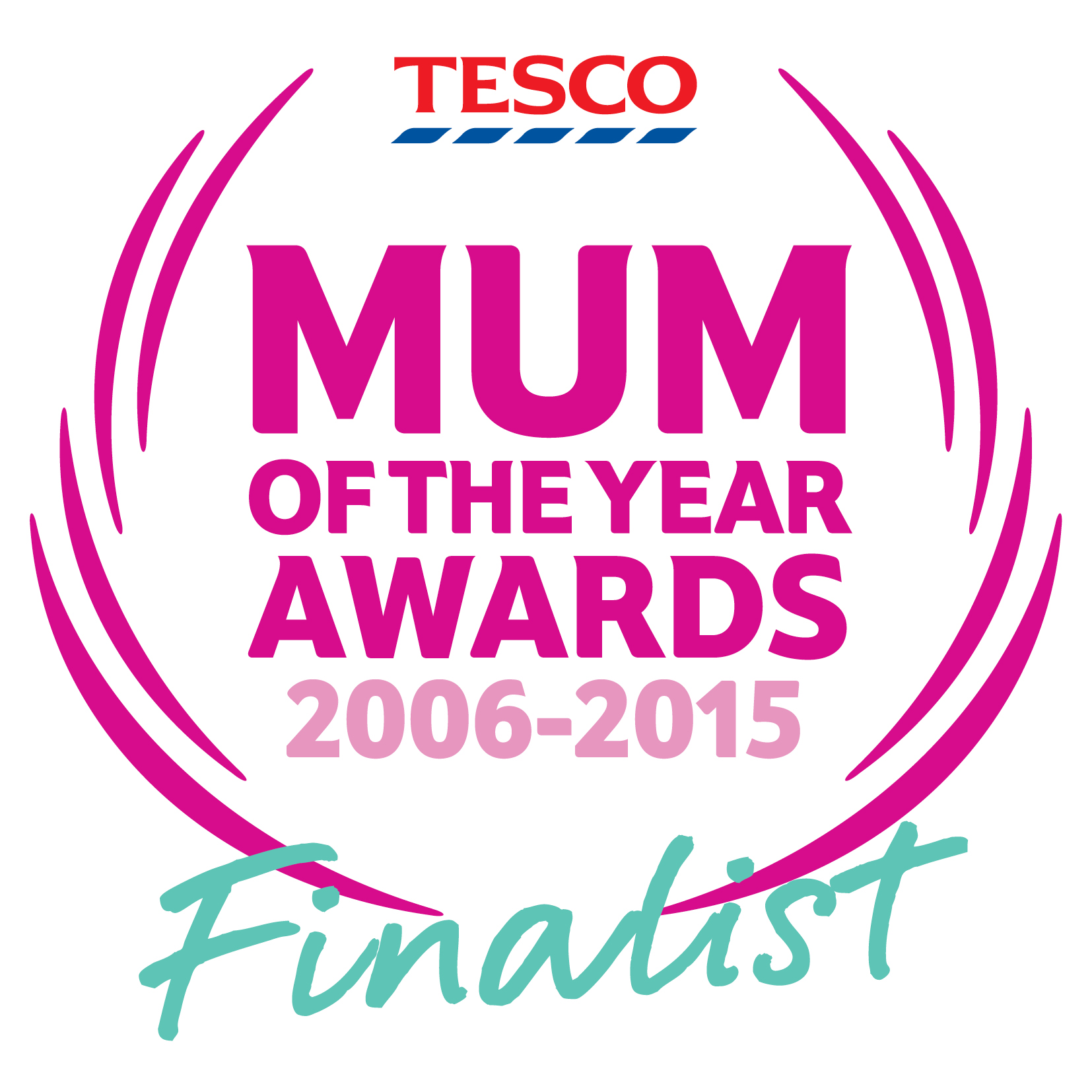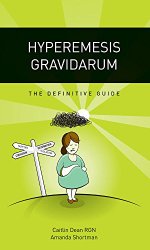28Jan 14
Results from last weeks quick poll
Last week, after a lengthy email exchange with an editor for a midwifery journal, I became concerned that my view of women's experiences of being in hospital with hyperemesis was becoming skewed. I suspected that because I am “on the front line” as it were, and being exposed to the more extreme cases, that I was becoming cynical and thinking things were more dire than they are in reality. People tend to be less vocal about good experiences and the bad ones can really stick out.
So I ran a little poll of my readers experiences. First of all, thank you to all those who completed the short survey. Second of all... Oh my jibbering jellies... what a sorry state of affairs!
394 women answered the survey. I took out responses from women who had not suffered in the last 5 years as I wanted the results to be from recent experiences and I took out responses from women who had not been to hospital (I may run another one soon about GP's and community experience). This left me with 347 answers – a pretty good haul. (Not everyone answered every question so the number answered is stated also).
Now you have to bear in mind that these women are self-selected and that can cause bias in the results, ie. Women who suffered more severely are more likely to follow me and be answering the questions. I was careful not to imply the contents of the survey whilst recruiting to try to reduce this. If my facebook post calling for participants had said “I want to know about your awful experiences” then women who had good experiences would be less likely to take the survey... so I didn't, I kept it vague. But ultimately there is still likely to be a little bias because of the self-selected nature of the survey.
To judge the general severity of the hyperemesis suffered by the women taking the survey (ie. Ensuring that they weren't all the very severe end of the spectrum or visa versa), I asked about how many medications they had taken and the duration of the condition. Without boring you senseless and so we can cut to the chase, it was all pretty average for hyperemesis. Of 346 women, the majority took between 2-4 medications (67%). Of 344 women, most recovered at the end of pregnancy (47%) or between 20 and term (28%), only 1% recovered before 16 weeks but a further 10% were recovered by 20 weeks. Some were still pregnant and sadly 8% were having ongoing problems after the baby was born.
Doctors may say “well then this is extreme hyperemesis because most recover by 12 week” - but that's nonsense, a quick research search shows these results are pretty standard.
Anyway, moving on... to the really depressing bits!
You could just do it yourself...
So, to clarify the above chart, 45% of 345 women who had been admitted to hospital with hyperemesis in the last 5 years had to empty their own vomit or urine bowl. 45%! Even I was shocked. I knew of a few women that have had to do that in the last year or so, a couple of whom stated it as the “final straw” before terminating their WANTED babies. But I honestly expected this figure to be more like 5%... not 45%!
Mind over Matter...
This chart may not look so bad... “No” is sticking right out there. But lets add up the “yes” answers of the 344 responses – 68% said yes! Either once, occasionally or frequently. Even if you just look at occasionally and frequently it's still 50%!
Don't take that, you bad bad mother...
Again, when we add up the “yes” responses for this chart we find that 45% of women are being told the medications can cause abnormalities in the baby and they shouldn't be taking them. Now let's forget about the doctors for a moment because at the end of the day the responsibility lies with the prescriber and that is not a responsibility which comes lightly – so let's give them a break for a moment. Why are nurses and midwives (and in the comments there were 5 pharmacists too) questioning the doctors prescriptions in a way that can only add anxiety, fear and stress for the woman who clearly has no choice but to take the medication – she's in hospital for goodness sake!
Smelly staff...
So 40% of women in hospital have to endure staff, both qualified and unqualified stinking of smoke and/or perfume which has made their symptoms worse. As a qualified nurse myself I wouldn't dream of wearing perfume to work as there are lots of conditions which can be exacerbated by perfumes and odours and it's unprofessional. Chemotherapy patients can experience heightened sense of smell and it can exacerbate breathing difficulties in patients with lung conditions, such as asthma. It's about time perfume use by hospital staff was stopped (apparently most hospital guidelines say staff can wear “light perfume” - but to an HG patient they may as well have used a whole bottle!)
Those are the statistics from the quick poll and far from being cynical and over exposed I have realised I was underestimating the improvements in hyperemesis care over the last 5 years. I also asked an open ended question about the positive and negative experiences of the women and I shall post results from that next week.
Share with...
Add your comments
If you would like to send me a link to your blog please use the contact form
Blog archive
2014December 2014 (1)November 2014 (4)October 2014 (4)September 2014 (3)August 2014 (4)July 2014 (3)June 2014 (2)May 2014 (5)April 2014 (5)March 2014 (5)February 2014 (4)January 2014 (5)2013December 2013 (6)November 2013 (6)October 2013 (10)September 2013 (5)July 2013 (1)June 2013 (1)April 2013 (1)March 2013 (2)February 2013 (1)2012December 2012 (1)June 2012 (1)February 2012 (1)2011December 2011 (1)November 2011 (1)October 2011 (1)September 2011 (1)July 2011 (2)June 2011 (1)May 2011 (6)April 2011 (1)Award nominations


Archive
Explore past posts:
2014December 2014 (1)November 2014 (4)October 2014 (4)September 2014 (3)August 2014 (4)July 2014 (3)June 2014 (2)May 2014 (5)April 2014 (5)March 2014 (5)February 2014 (4)January 2014 (5)2013December 2013 (6)November 2013 (6)October 2013 (10)September 2013 (5)July 2013 (1)June 2013 (1)April 2013 (1)March 2013 (2)February 2013 (1)2012December 2012 (1)June 2012 (1)February 2012 (1)2011December 2011 (1)November 2011 (1)October 2011 (1)September 2011 (1)July 2011 (2)June 2011 (1)May 2011 (6)April 2011 (1)About Me
 I am mother of three beautiful children and wife to a fantastic and supportive husband. I am a nurse, a farmer and a trustee for Pregnancy Sickness Support. I love working hard and spending time with my kids.
I am mother of three beautiful children and wife to a fantastic and supportive husband. I am a nurse, a farmer and a trustee for Pregnancy Sickness Support. I love working hard and spending time with my kids.
About this blog
Information and support for pregnancy sickness and hyperemesis gravidarum. Views are my own and do not represent those of any other organisation. Information provided here should not be a substitute for medical advice. My aim is to raise awareness and encourage sufferers to know they are not alone.
Online recommendations
- Best Non Gamstop Casinos 2025
- UK Casinos Not On Gamstop
- Casinos Not On Gamstop
- UK Casinos Not On Gamstop
- Non Gamstop Casino
- Best Betting Apps
- Best Non Gamstop Casinos
- Gambling Sites Not On Gamstop
- Non Gamstop Casino Sites UK
- Slot Sites Not On Gamstop
- Casino Not On Gamstop
- Best Non Gamstop Casinos
- Best Casino Sites Not On Gamstop 2025
- Non Gamstop Casinos
- Casino Sites UK Not On Gamstop
- Non Gamstop Casino UK
- Non Gamstop Casino UK
- Non Gamstop Casinos
- Slots Not On Gamstop
- Slots Not On Gamstop
- UK Casino Sites Not On Gamstop
- UK Casinos Not On Gamstop


Comments
Hi there,
Some interesting findings. I'd be interested to breakdown the question 6. From the research I've looked at, just a theory/observation, but I think perhaps someone suggesting that 'it's all in the mind' and someone saying that positive thinking may help to me is quite different. I can accept that HG has pretty much an unknown etiology and that some of us have predisposition to it. Positive thinking won't necessarily help in term of stopping HG, however that's not to say (in my opinion) that positive thinking doesn't get you through the really hard times e.g. saying to yourself 'one more month to go!' or 'if i'm sick it means the baby is still there'. I know it wont help everyone and certainly not the cause...however from personal experience psychological issues tended to exacerbate it. So that could anything from friends or family not understanding the illness to work getting annoyed with you.
Lilu Wheeler, 28th January 2014
Spewing Mummy replies...
Hi Lilu, yes you're right, positive thinking can certainly help as a coping strategy and I should have differentiated between it being suggested as a coping strategy for the psychological impact and it being suggested as a cure "think positively and you won't get it this time". The problem with it being suggested by healthcare professionals generally is that it can undermine the experience of the sufferer by implying your "negative thinking" is the cause or underestimating how hard it is to think positively in the face of such suffering. Further exploration in this area to breakdown the answers further would be valuable certainly.
Wow. A total disgrace. Well done Caitlin for making this survey. Will PSS ever be in the position to conduct a survey that is publishable in the press, do you think?
Helen Hendy, 28th January 2014
Thanks Helen... that's a very good question! I sincerely hope so but Charities are significantly more constrained by what they put out there. We are looking at putting together a study about PTSD. I'm also still hoping the results from last years research will be published but it's out of my hands at the moment :(
Spewing Mummy, 28th January 2014